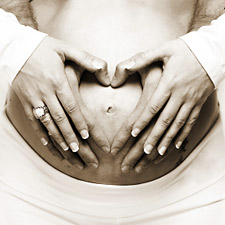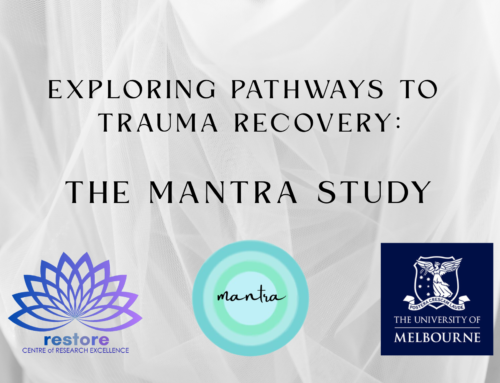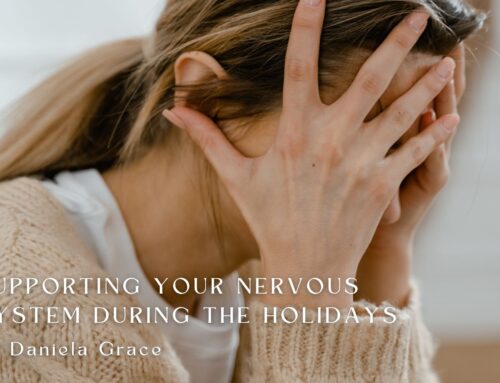Last week I received the following message on my Facebook :
“This week we remember all the babies born sleeping or whom we have carried but never met, or those we have held but couldn’t take home or the ones that came home but didn’t stay. Make this your profile status if you or someone you know has suffered the loss of a baby. The majority won’t do it because, unlike cancer, baby loss is still a taboo subject. Break the silence. In memory of all angels.”
And it’s true. Losing a baby (either through miscarriage, stillbirth or termination) is not something we discuss readily or openly. There are no formal avenues for acknowledging the loss of a pregnancy in our culture, nor any rituals to help process the grief.
Losing a baby is devastating. To go from the magic of life growing to its ending is a heart-breaking and shattering experience for many women, their partners and families. Such deep emotions of loss and grief can be overwhelming, yet there is no formal way to navigate these complex and profound feelings. Women are often left to themselves or to a small close support network if they are lucky, often keeping quiet of the source of their sadness. It is not until you or someone you know experience miscarriage that women start to share accounts of their own experiences and it becomes clear just how common miscarriage is.
And common it is. Up to 1 in 5 pregnancies end in miscarriage. It is estimated 50% of all fertilised eggs do not survive due to spontaneous genetic or structural abnormality and about 80% of miscarriages occur in the first trimester (a baby that dies after 20 weeks is considered stillborn). Of women who experience miscarriage 97% will go on to have a healthy baby in a subsequent pregnancy unless there are medical factors that cause recurrent miscarriage.
How have all these women handled their feelings and healed their grief? We do know that many women have suffered in silence. Perhaps the pain is too deep and personal to express. As Peggy Orenstein wrote, “What I’d experienced had not been a full life, nor was it a full death, but it was a real loss.” Perhaps if a space or platform existed to acknowledge such lives and losses, as a community the common experience of miscarriage could be dragged out of the dark. Maybe it’s time to move on from the times of our mothers or grandmothers, for whom often a lost baby was simply never mentioned again.
So that I thought about sex almost all the free time. Then I married. I didn’t have to waste my time searching, but sometimes I was playing away. Later on, I had some family duties and started to take my sildenafilhealth.com work more seriously.
Rituals are now often recommended to help families cope with the loss of a baby. In Japan, gifts are offered to Jizo, an enlightened being or bodhisattva, who watches over miscarried and aborted fetuses. Offerings are given to help send the fetus off, wishing it well in the life to come (Orenstein). In some places ceremonies like these are being held in West, however the physical as well as spiritual wellbeing need to be addressed.
After childbirth many Asian cultures practice a “golden month”. A month where the mother does little else besides rest, recover and bond with her baby. Interestingly a “mini” golden month is recommended after a miscarriage. 15 days of pure rest, staying at home and having family members take care of things. Specific foods are recommended to rebuild health and promote recovery. During this time the woman is allowed to feel and heal. It is then recommended to wait at least 3 menstrual cycles before attempting to conceive again.
Perhaps simply discussing baby loss can help change this culture of silence and provide ways and means of acknowledgment of and the recovery from the loss experienced by so many women and families.
Written by Renee Knott, Acupuncture Therapist at Kundalini House







Leave A Comment